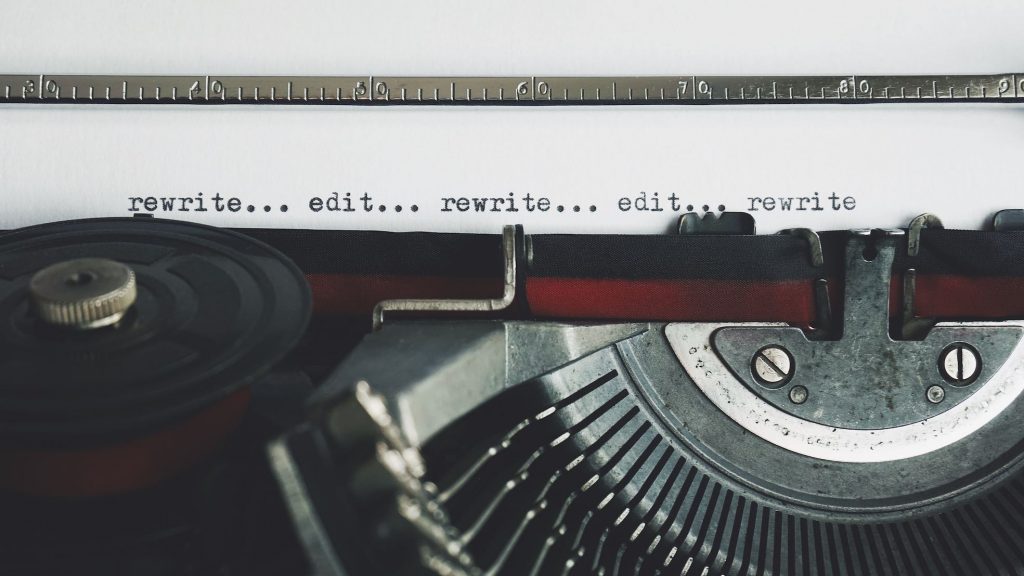
How to Write a Clear Manuscript
Knowing how to write a clear manuscript can be challenging in the initial stages. It’s important to make sure that you start with a few basic questions to help organize your manuscript. With a strong understanding of what you are writing about, the writing process can be much more easily taken care of. Here we’re going to review a few basic questions that you should be able to answer about your work before you start the writing process that will be of great help.
What questions should I ask to write a clear manuscript?
We’ll be focusing on three primary questions that you need to ask about your work:
- What?
- How?
- Why?
“What” and writing a manuscript
Starting off with “what” is a great idea. “What” is your paper about? Knowing what the basic idea of the paper is will help you to structure and explain it.
When you know “what” the paper is about, you can outline the necessary steps that you need to take to explain your work. For example, you might start by explaining important details that matter for the explanation. If you are writing about dogs, you might need to explain what the experiment is, what dogs are used for the experiment, what conditions were used, and so on.
Readers will ask “what” questions about your work very often, so it’s a good idea to make sure that answers to these questions are provided early in the paper so that the reader will understand the rest of the paper as they go. Because most papers will start with an abstract followed by an introduction, right after these parts of your paper is a good place to put any important explanations for “what” people need to know.
“How” and writing a manuscript
Logically, once you’ve explained the important details for your paper, you’ll next want to explain how all the experiments are done. Explaining “how” experiments are carried out is important for the reproducibility of those experiments (which is an important part of the scientific process). Because the general process of an academic paper tends to be “we did this experiment, in this way, because reason”, you’ll want to make sure that the explanations for “how” experiments were done and “how” results were achieved are clear before you cover what the results actually are. Remember that a clear manuscript should have a smooth and easy-to-understand process.
Sometimes it’s also important to explain “how” your research might fall short or explain any limitations that might exist in your work. Explaining “how” you have taken these things into consideration is also very important to do, but remember that limitations are usually explained near the end of the paper, usually after the results are provided.
“Why” and explaining the manuscript
Why is the most important element. You want to make sure that this is explained throughout your paper. Remember that there is a “why” related to the reason for an experiment. There is a “why” for the results of an experiment. There is a reason “why” results are important.
Explaining why helps the reader of your work to understand the importance of it and your research motivations.
Organizing a clear manuscript
We noted in our article how to plan a research paper,
“Knowing what it is that you’re trying to communicate is important. Many research papers get rejected for publication because the point of the paper is unclear. It’s very important for you to be able to communicate what your work is about effectively.
The introduction of your paper should be clearly written without any extra, unnecessary information. This is often the first thing (sometimes the only thing) that someone reads from your work. Make sure that you can simply say the following statement:
“This paper is about ___________.”
When you can answer this simply, writing the paper becomes easier.”
We encourage interested readers to learn more about the planning stage of research papers in an article we wrote on this topic.
We can help you edit your project

Now that you’ve finished your paper, do you need help editing it? Understanding grammar can be challenging and time-consuming, so choosing editing services that work for you is important. There are many tricky concepts to grasp within English to ensure your work is accurate, and it always pays off to have a professional look at your work. If you need a quick basic edit or a comprehensive specialist edit, MDPI can help. If you’re still not sure, don’t have time, or want a pro to look at your references, let our skilled English Editors help. Visit MDPI Author Services now for a free estimate for fast, accurate, and professional editing.










